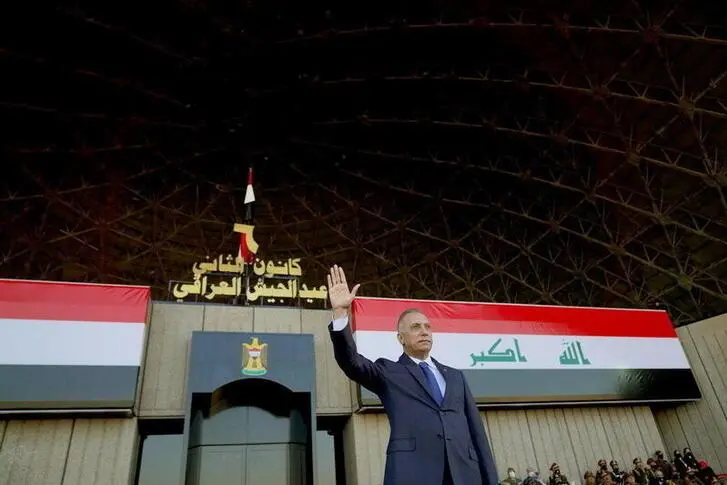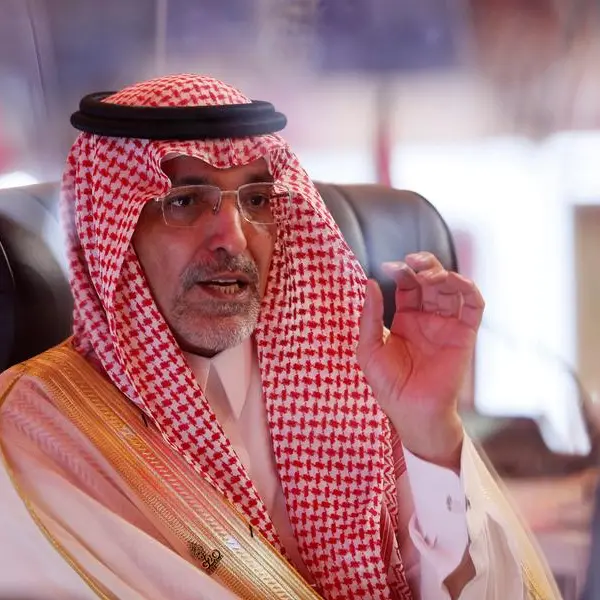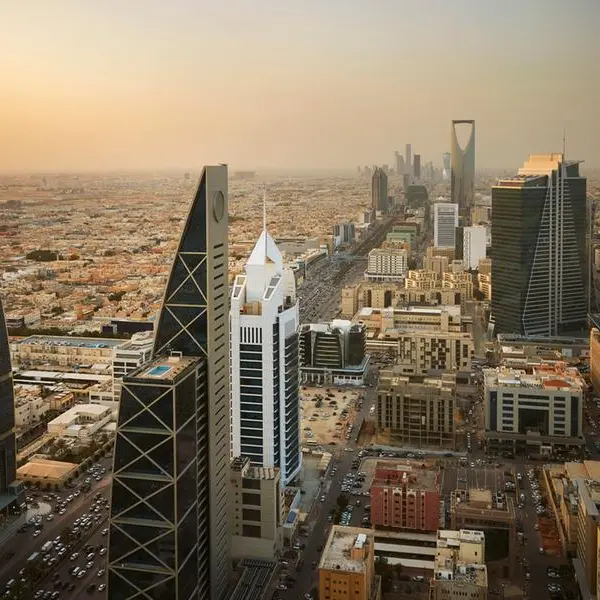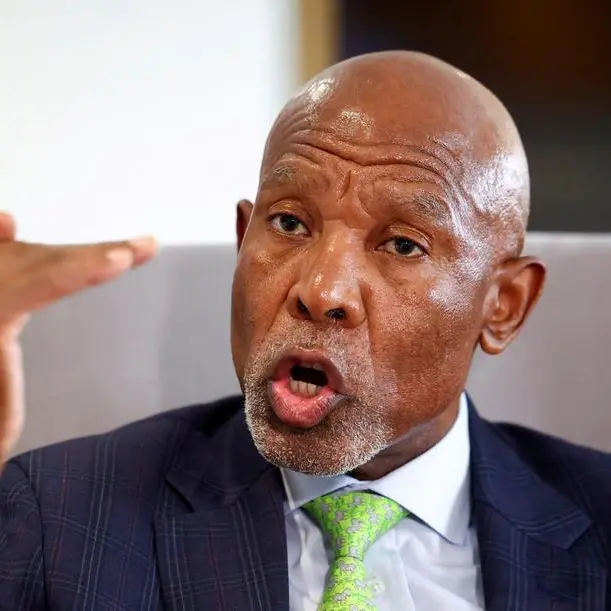PHOTO
Over the last month, Iraq’s fragile security order has been severely tested by bombings and rocket attacks in three major cities.
On Jan. 21, two suicide bomb explosions in Baghdad killed 32 people and injured about 110 others. This was the first major attack in the capital since bombings in January 2018 killed 27 people. Both these attacks were claimed by Daesh.
On Feb. 15, 14 rockets were fired at a military base in Irbil, Iraqi Kurdistan, killing an Iraqi contractor and injuring eight other contractors, four of them American. A little-known militant unit, Saraya Awliya Al-Dam (the Guardians of Blood Brigade), has claimed responsibility. There is speculation that it could be a front for a major outfit of the Popular Mobilization Units (PMU), such as Asa’ib Ahl Al-Haq.
The third attack took place on Feb. 20, when four rockets hit Balad airbase, 80 km north of Baghdad, wounding a South African national working with an American company.
What has been different about these attacks is the response of the security system. A day after the Baghdad bombings, Prime Minister Mustafa Al-Kadhimi accepted intelligence failures, promised a comprehensive security plan, and dismissed senior security and intelligence officials.
Within four days, the “wali” of Daesh in Iraq, Abu Yasser Al-Issawi, was killed by Iraqi forces, followed a few days later by the killing of two Daesh operatives directly implicated in the Baghdad bombings, reflecting a vastly improved counterterrorism capacity. Seeing the continuing threat from Daesh, the NATO secretary-general has announced he will base 4,000 troops in Iraq on a training and advisory mission.
There is more. In mid-February, Al-Kadhimi announced that four people responsible for the murder of political activists who had demonstrated in favor of reforms from October 2019 had been arrested. These arrests occurred alongside the removal of the head of a secretive intelligence outfit for having protected the murderers.
The country continues to face serious political and economic challenges. At the end of January, the Cabinet agreed to postpone general elections from June to October. This will allow the time to either set up a new federal supreme court or fill the two vacancies in the present one (this is a constitutionally mandated body to approve the election results). The other more onerous task is to get the present Council of Representatives to dissolve itself so that the election process can commence.
The positive feature of the election scene is that activists who had been seeking a reformed political order are now organizing themselves. Out of 260 political parties that have registered so far for the elections, 60 have been set up by activists seeking an order that would be free from the existing ethnic and sectarian spoils system and the pervasive culture of corruption.
However, the economic scenario remains a cause for anxiety, particularly due to the effects of the pandemic. The poverty rate in Iraq has reached 31 percent, with the pandemic adding 2.7 million more people to the 6.9 million who were already below the poverty line. Unemployment is at 13.8 percent, with a fifth of youths missing out on both education and employment.
The country’s budget, projected to be $113 billion, provides for major outlays on energy, education, social services and developmental activity in the provinces. The silver lining for the country is that the estimates were prepared on the basis of oil prices being between $42 and $44 per barrel, but prices have recently crossed $60 — this will yield a surplus for the treasury.
These positive trends in Iraq’s security, political and economic situations are being reflected in its foreign relations. Over the last month, the country has interacted with two of its neighbors — Turkey and Iran. Iraq obtained assurances of support in addressing its pressing security and economic issues, while insisting that its sovereignty must be respected. In early February, Iraq’s leaders also had a fruitful interaction with the Gulf Cooperation Council secretary-general on combating terrorism, expanding trade and development assistance, and promoting logistical and energy connectivity.
But Iraq’s most important engagements have been with the Biden administration. In sharp contrast to the Trump era, the new president has offered a measured response to the recent rocket attacks in Irbil by ordering an attack on pro-Iran militia in eastern Syria on Feb. 25, in which a number of militants were killed — signaling that the US will not tolerate attacks on its partners or assets. According to US news reports, Joe Biden is looking at expanding the US’ diplomatic presence in Baghdad, increasing its humanitarian assistance, and being more accommodative in regard to Iraq’s purchases of energy from Iran.
Though Iraq’s institutions remain fragile, for the first time in several years the outlook for the country seems to be positive, largely due to the quiet but effective leadership provided by Prime Minister Al-Kadhimi. However, for this favorable situation to continue, Iraq will need to bring the quasi-independent militias belonging to the PMU under state control, manage the economy honestly and efficiently and, above all, sincerely pursue political reform. These should be the prime minister’s priority concerns for the coming months.
- Talmiz Ahmad is an author and former Indian ambassador to Saudi Arabia, Oman and the UAE. He holds the Ram Sathe Chair for International Studies, Symbiosis International University, Pune, India.
Copyright: Arab News © 2021 All rights reserved. Provided by SyndiGate Media Inc. (Syndigate.info).





















